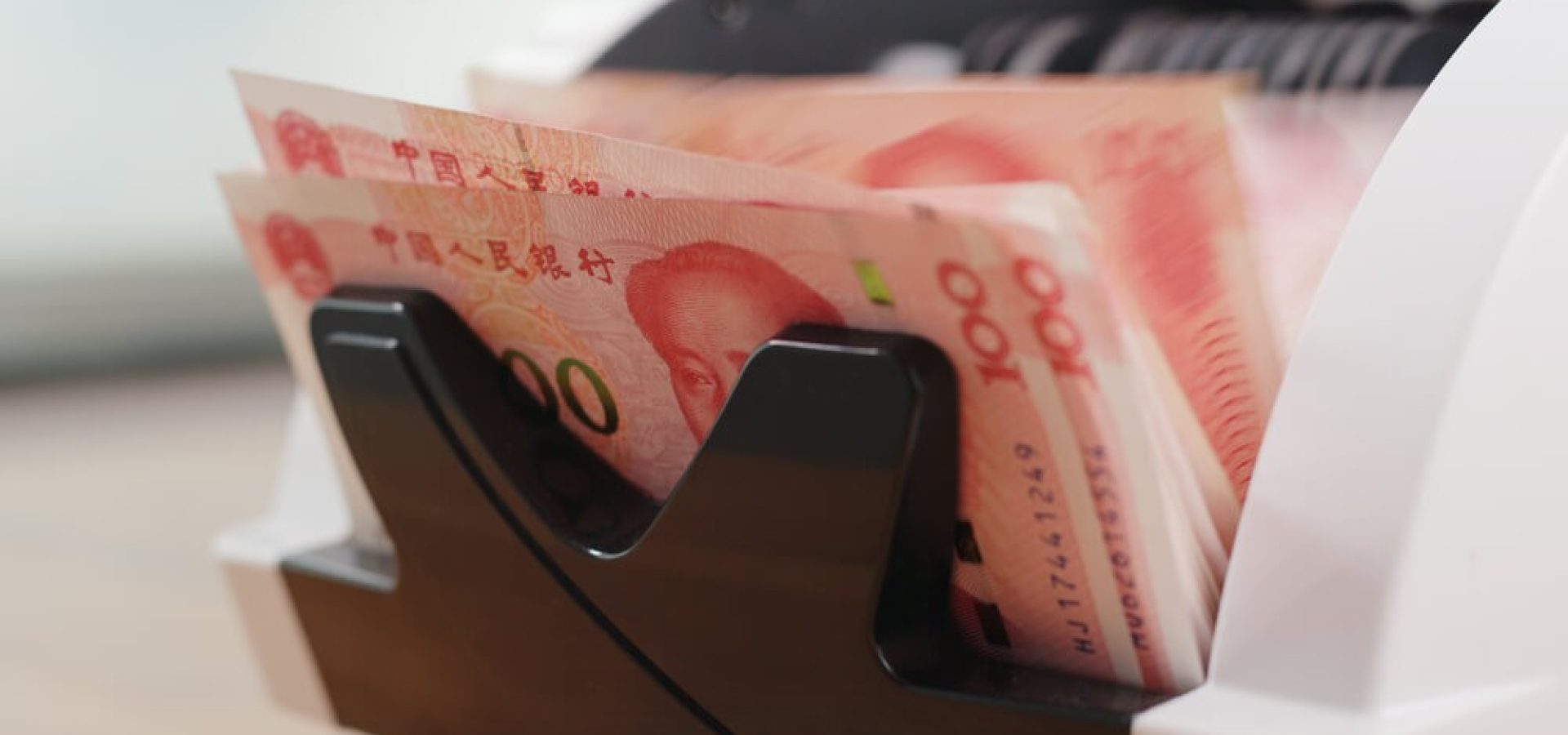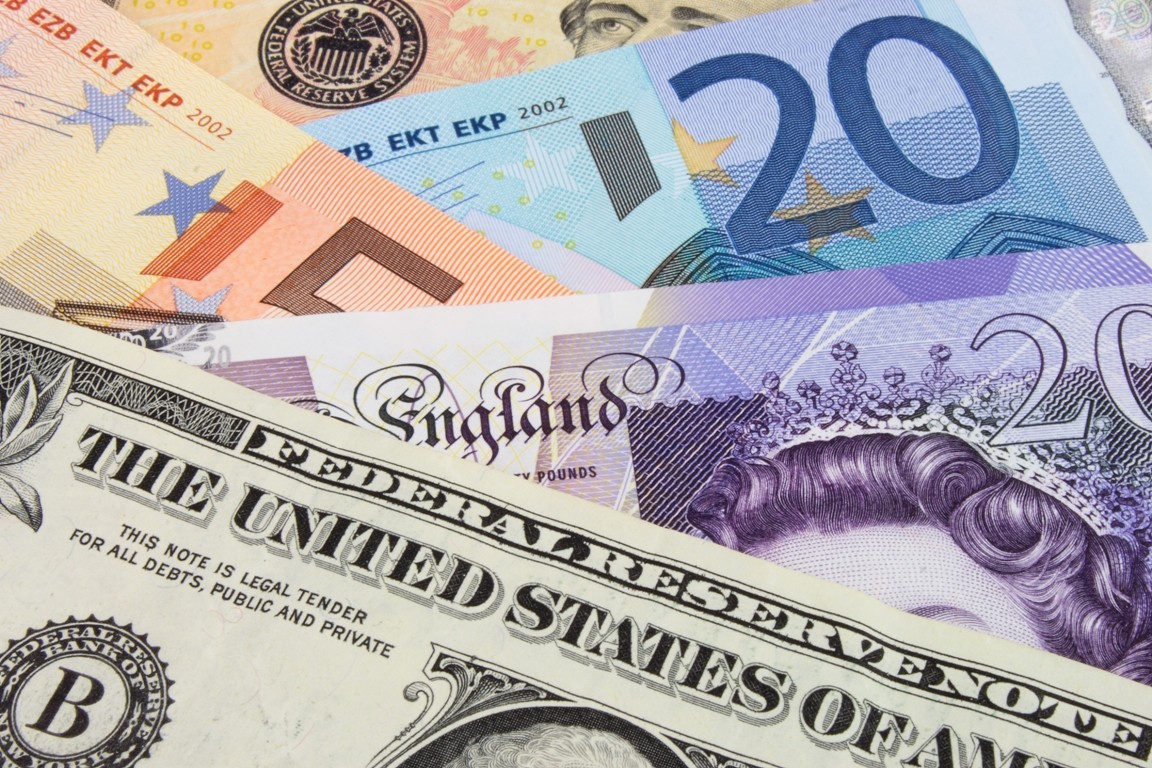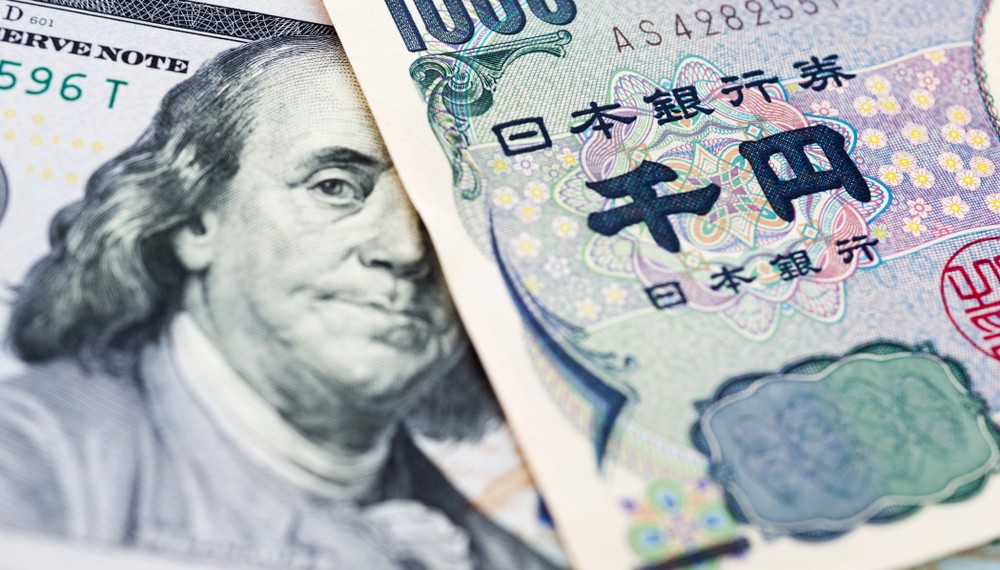China showed confidence on Wednesday that it can reach a trade deal with the United States, in spite of the fresh warnings from the US President Donald Trump that he would revert more tariffs if the two sides cannot resolve their differences.
The remarks by the Chinese Commerce Ministry follow a period of relative quiet from Beijing after Trump and Chinese leader Xi Jinping reached a temporary truce in their trade war during a meeting over a high profile dinner held in Argentina on Saturday.
In a short statement on its website, the Chinese ministry said it would try to work quickly to impose specific issues already agreed upon, as both sides “actively promote the work of negotiations within 90 days in accordance with a clear timetable and road map.”
“We are confident in implementation,” it said, tagging the bilateral talks “very successful.”
Trump took to Twitter the possibility of an extension of the truce but cautioned that tariffs would be back on the table if the negotiations failed to yield results.
“The negotiations with China have already started. Unless extended, they will end 90 days from the date of our wonderful and very warm dinner with President Xi in Argentina,” tweeted the US president.
He also said that he would place “major tariffs” on Chinese goods imported into the United States if his administration is unable to come up with an effective trade deal with Beijing.
“We are either going to have a REAL DEAL with China, or no deal at all – at which point we will be charging major Tariff against Chinese product being shipped into the United States. Ultimately, I believe, we will be making a deal – either now or into the future,” wrote Trump in a post within minutes of the Commerce Ministry statement.
The threat of further escalation in the trade war between the world’s two largest economies has loomed large over financial markets and the global economy for the better part of the year, and investors at first welcome the truce with relief.
However, the mood has quickly soured on skepticism that the two sides will be able to reach a substantive deal on a host of highly divisive issues within the short negotiating period agreed.
Failure would raise the worries of a worsening in the trade battle, with fresh US tariff action and Chinese retaliation possibly as early as March.
The White House says that China had committed to begin buying more American products and lifting tariff and non-tariff barriers immediately, while beginning talks on structural changes with respect to forced technology transfers and intellectual property safeguards.

According to sources, Chinese oil trader Unipec plans to resume buying US crude by March after the Xi-Trump truce diminished the risk of tariffs on those imports. China’s crude oil imports from the US had grounded to a halt.
Moreover, global financial markets floundered on Tuesday with doubts over what could realistically be achieved in the tight negotiating window adding to worries about fading global growth.
The benchmark Shanghai stock index dropped 0.2 percent by midday on Wednesday.
“Despite temporary de-escalation of hostilities following the G20 summit, the relationship between the US and China will remain contentious,” said Moody’s Investors Service in a report. “Narrow agreements and modest concessions in the ongoing trade dispute will not bridge the wide gulf in their respective economic, political, and strategic interests.”
Officials coming from the US and a number of other major economies have often criticized China for its slow approach to negotiations and not following through on commitments.











COMMENTS